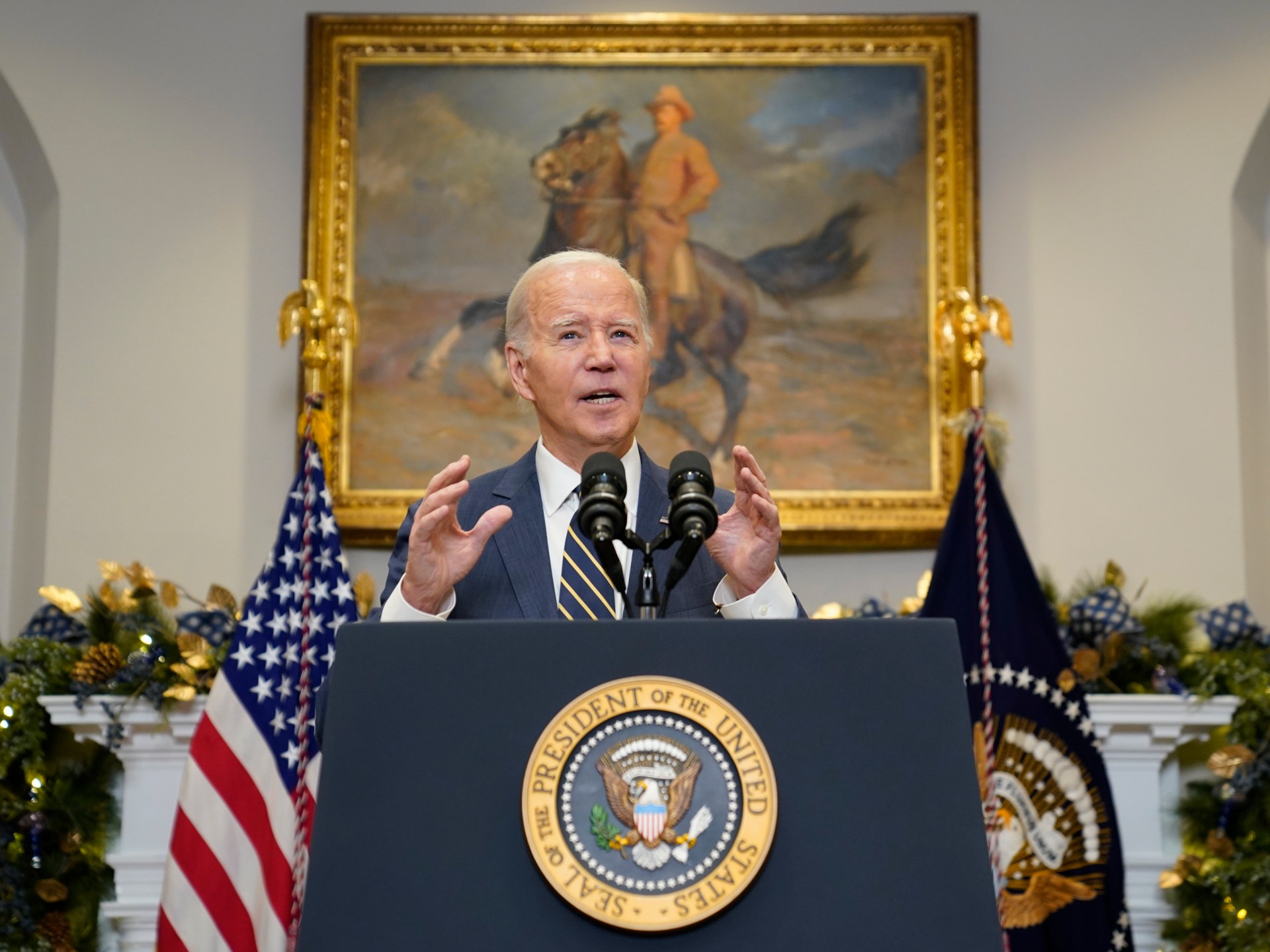
(NewsNation) – Ships in the Red Sea were attacked by the Houthi rebels in Yemen in recent weeks.
Vessels were damaged in several of these attacks. As a result, several shipping companies ordered their ships to remain in place and not enter the Bab el-Mandeb Strait, which connects the Red Sea to the Gulf of Aden, until the security situation can be resolved.
On Monday, the US military’s Central Command reported two more attacks on merchant ships in the southern Red Sea.
Who are the Houthi rebels?
The Houthis have their roots in a movement that began in northern Yemen in the 1990s. This movement was created to protect and revive the Zaydi sect of Shiite Islam that once ruled Yemen. Zaydism, according to the Middle East Institute, The religion was the religion that ruled Yemen for a thousand years, but was severely suppressed after a civil war in the 1960s.
Hussein Badreddin al-Houthi led the Zaydi movement and directed it toward political activism, the Council of Foreign Relations said.
In 2003, American troops invaded Iraq, leading to a profound radicalization of the Houthi movement. the Brookings Institute writes. Yemeni President Ali Abdullah Saleh was considered a supporter of the United States, but al-Houthi opposed the invasion. After police attempted to arrest al-Houthi in 2004, the first of six rounds of armed clashes between his supporters and the Yemeni state began. Tensions with the government increased, leading to a series of guerrilla wars between the Houthis and the Yemeni National Army.
The Houthis captured Sanaa, Yemen’s capital, in 2014 and their power grew. Concerned about Iran’s growing influence on its border, Saudi Arabia intervened in 2015 to support the Yemeni government. Iran, meanwhile, stood behind the Houthis. Reuters writes that the Houthis ultimately gained control of much of the north and other major population centers.
The two groups fought the war until a ceasefire between the Houthi rebels and the Yemeni government in 2022.
What kind of support do they have?
Iran has pledged its support to the Houthis because they both have the same enemy – Saudi Arabia, the Brookings Institute said. A coalition of nine Arab countries led by Saudi Arabia has long accused Iran of arming, training and funding the rebel group, but the Houthis deny this, saying they are developing their own weapons.
The United States believes Iran’s Islamic Revolutionary Guard Corps is helping the Houthis plan and carry out their missile and drone attacks in the Red Sea. However, Iran has said this is not the case.
However, the Houthis are part of the Axis of Resistance, a group of various anti-Western forces in the Middle East. NPR writes Those in the Axis of Resistance receive varying levels of support from Iran.
Why are they attacking ships in the Red Sea?
On October 31, the Houthis announced they were firing drones and missiles at Israel and said they would not stop the attacks until “Israeli aggression ceases.”
Then, in December, the Houthis went a step further, saying they would target all ships bound for Israel and warning all international shipping companies against doing business with Israeli ports.
A Dec. 9 statement said all ships would continue to be attacked by the Houthis if Gaza did not receive the food and medicine it needed.
This, the Houthis claimed, was about supporting the Palestinian people “until Israel’s aggression ends.”
At a briefing on Monday, Defense Secretary Lloyd Austin said the Houthis had “violated international law” by harassing ships in the Red Sea.
“That’s why we’re taking action to build an international coalition to address this threat,” Austin said NewsNation partner The Hill. “This is not just a US problem – it is an international problem and deserves an international response.”
What was the reaction of the United States?
The United States and a number of other nations made the announcement on Tuesday created a new force to protect ships transiting the Red Sea.
The United Kingdom, Bahrain, Canada, France, Italy, the Netherlands, Norway, Seychelles and Spain have joined the new maritime security mission, Austin said.
The so-called Operation Prosperity Guardian will position military ships to provide protection to as many ships as possible at the same time, an official told The Associated Press.
The Hill reports that Operation Prosperity Guardian is led by Task Force 153, a component of the Combined Maritime Forces that defends the Red Sea and Bab el-Mandeb Strait.
In addition to the task force, Austin also said he would convene a meeting with foreign leaders to discuss how to protect the Red Sea from attack.
The Associated Press and Reuters contributed to this story.






Recent Comments